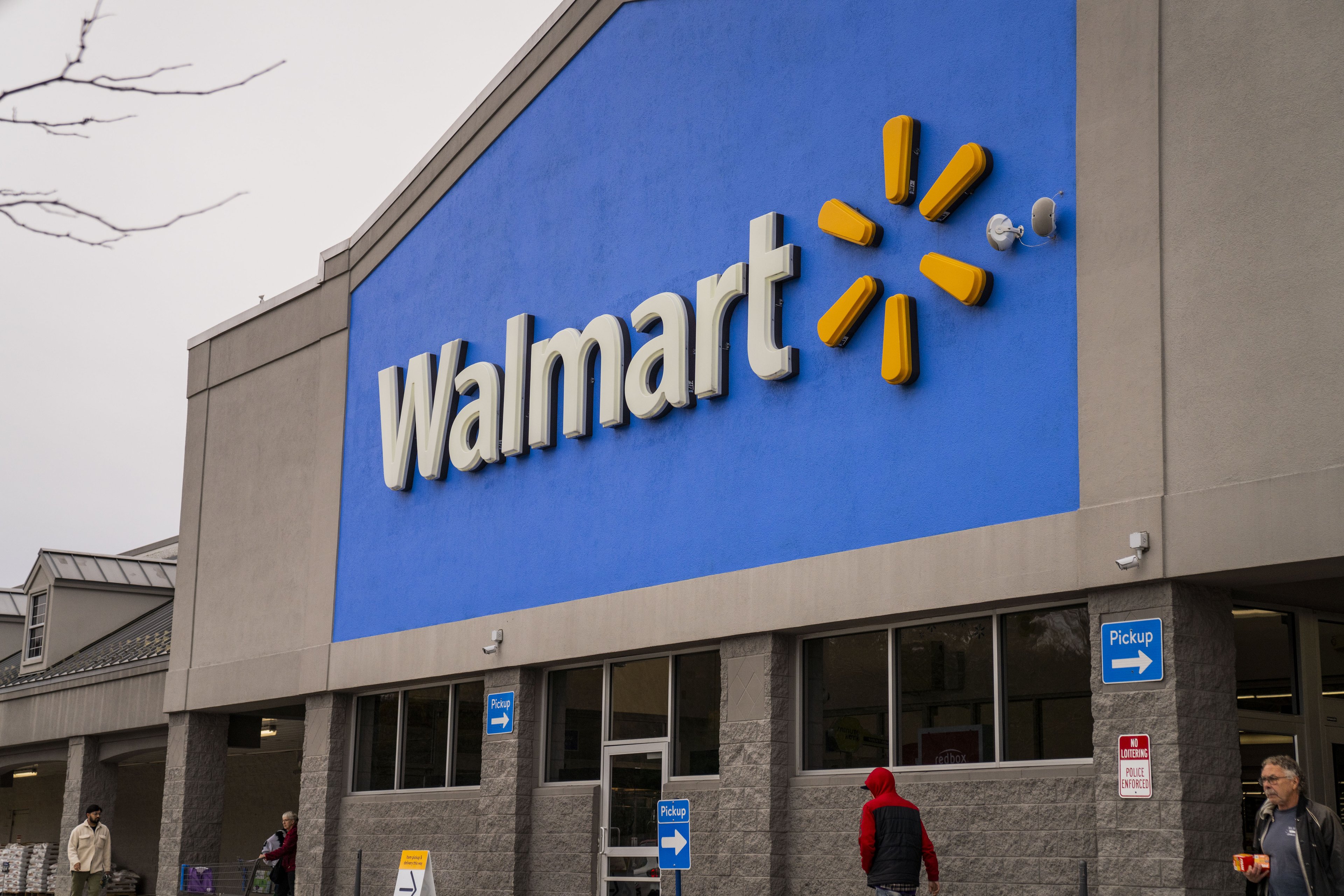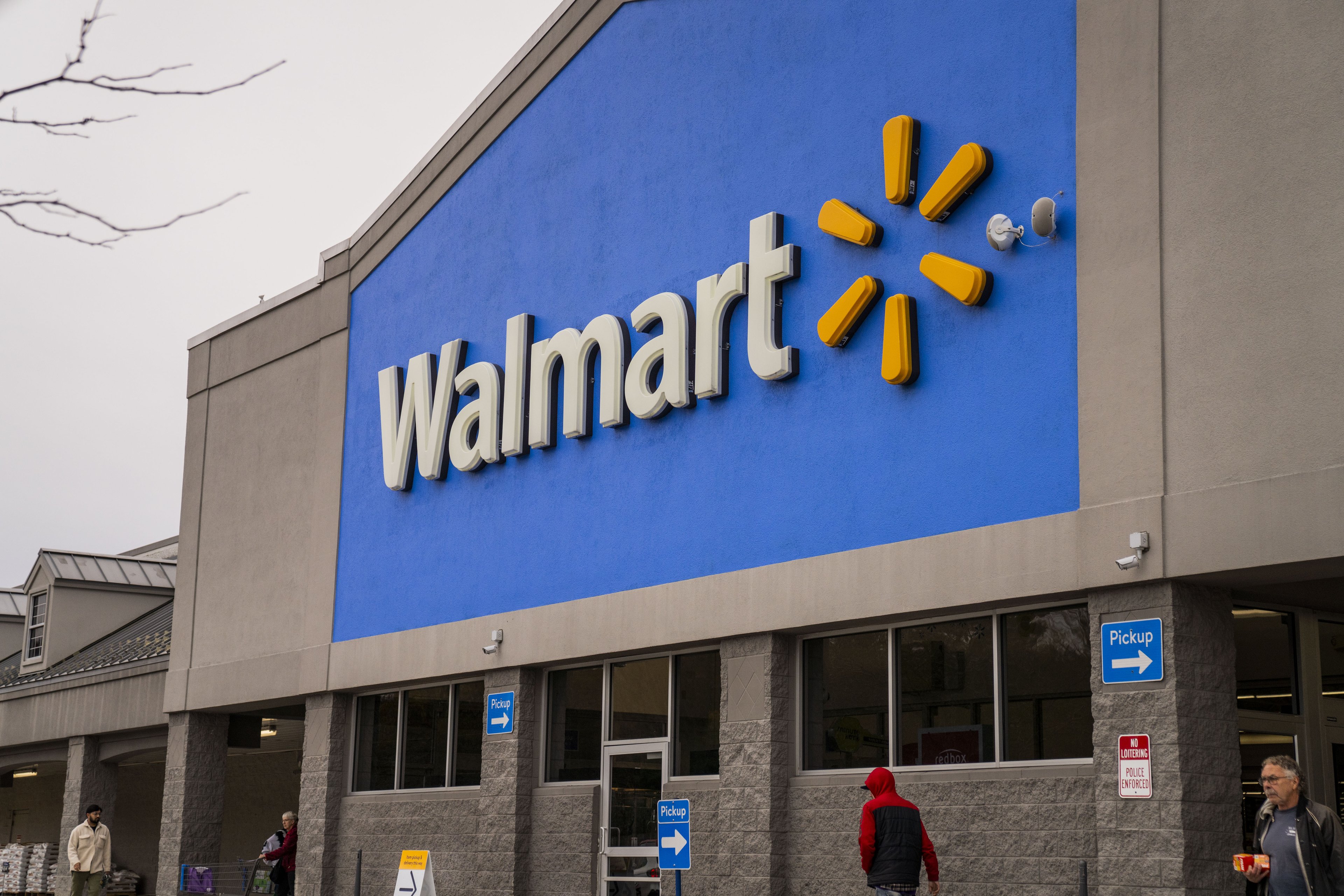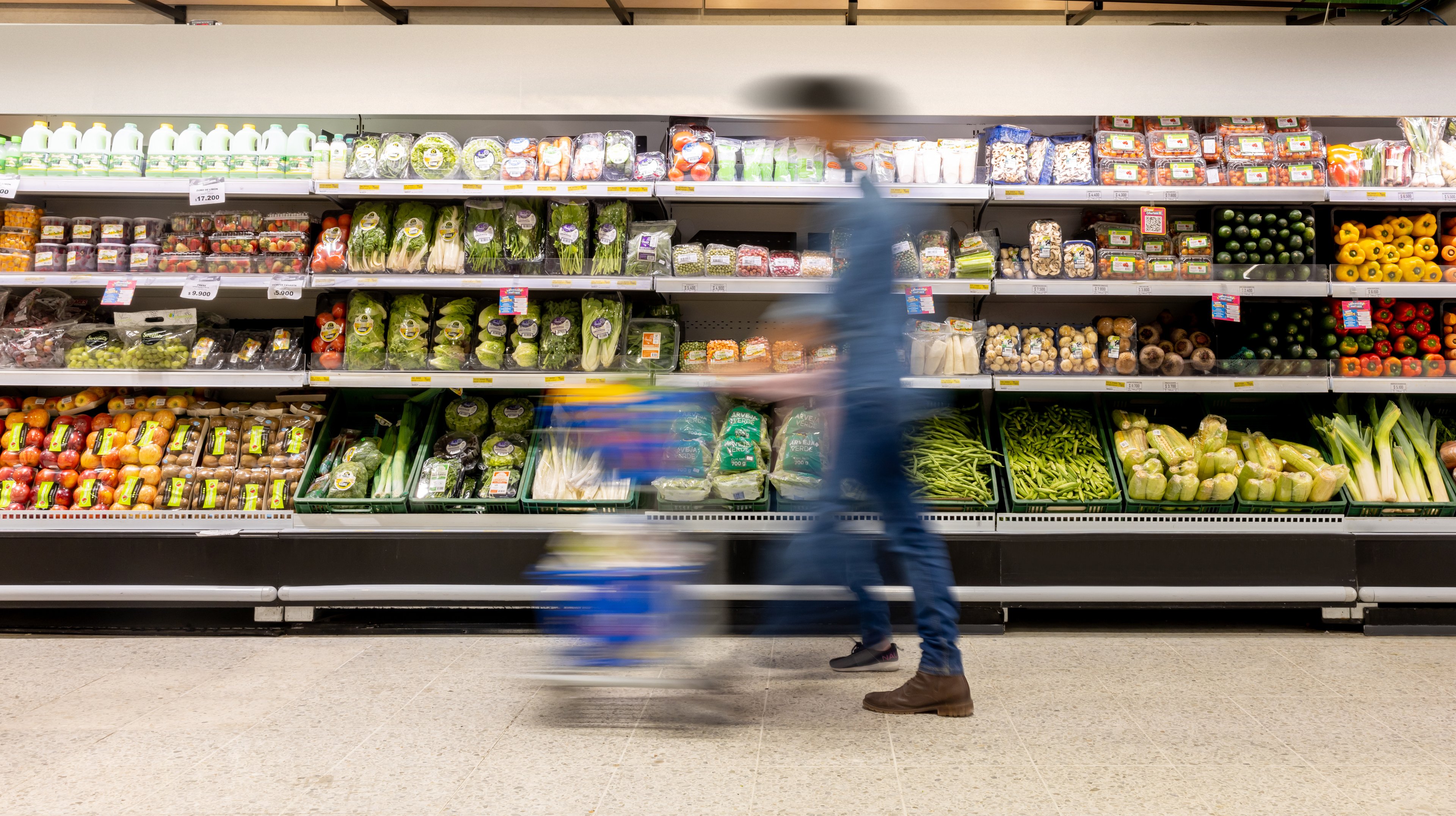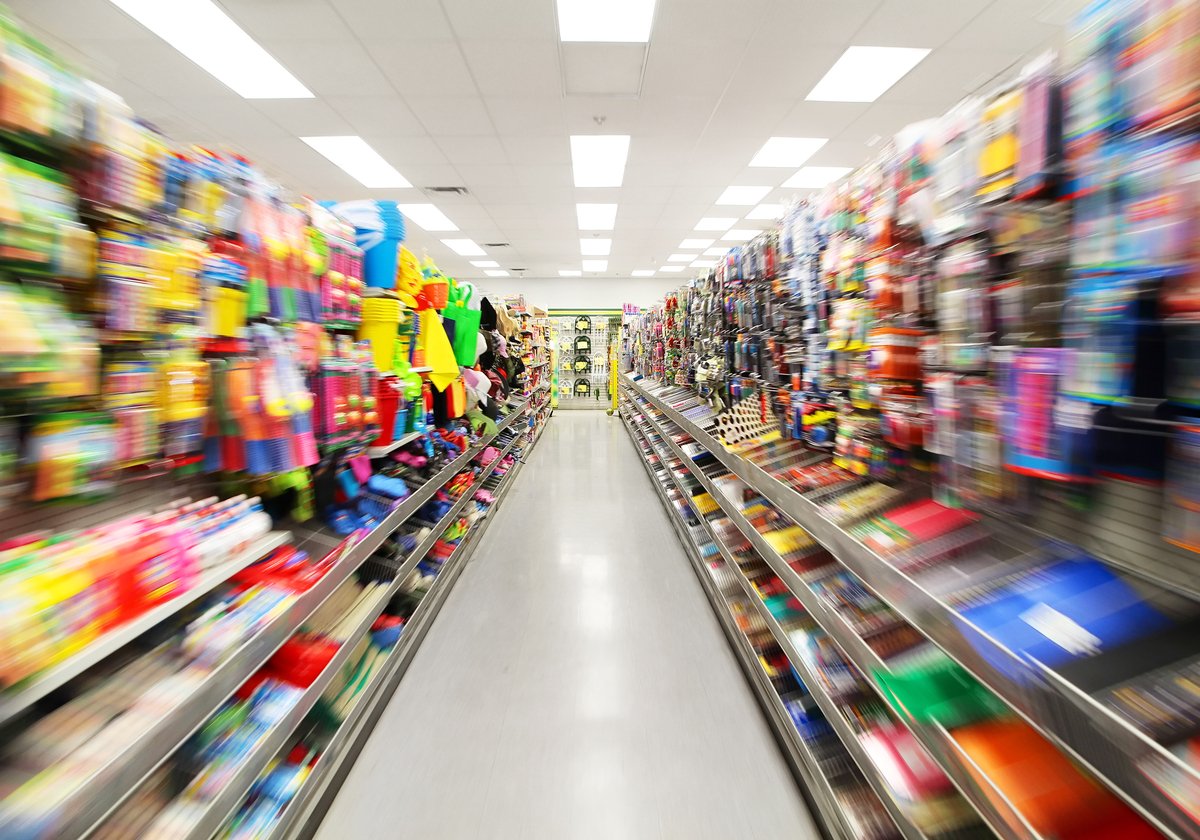Continuing its quest to be more like its upstart online rival, Amazon.com (AMZN +0.12%), Wal-Mart Stores, (WMT 1.21%) announced recently that it too would like to use drones to deliver merchandise.
According to Reuters, the world's largest retailer applied to the Federal Aviation Administration for permission to test flying the unmanned aerial aircraft for delivery, curbside pickup, and checking warehouse inventories. Up until now, Wal-Mart has been testing drones indoors, but approval from the FAA is needed in order to fly them outside in a more realistic scenario.
Several other companies have already received permission for drone-testing including Amazon and Alphabet Inc, and Amazon formally requested permission over a year ago, saying its proposed Prime Air service would be able to deliver packages within 30 minutes. It's built prototypes that can carry packages as heavy as five pounds, which would cover 86% of its inventory, and the e-commerce giant says it would be ready to deliver packages as soon as the laws allow it. The FAA has promised a ruling within 12 months.
Wal-Mart, on the other hand, seems to want to use the drones more for on-premises purposes rather than just delivery. Those include taking stock of trailers and moving groceries from the store to the parking lot to bring them to customers.
Too little, too late
This is not the first time Wal-Mart has borrowed a page from Amazon's playbook. CEO Doug McMillon, who took the helm last year, has been bent on revamping the brick-and-mortar giant for the digital age. Wal-Mart is investing more than ever into e-commerce and has scaled back its store expansion plans. But the challenge confronting McMillion is by no means simple and his initial steps in transforming the retail giant have not had the effect that investors had hoped.
The stock is down more than a third since its peak earlier this year, and the company now expects profits to fall 6-12% next year due to increased wages. To overcome the company's poor customer service reputation, those pay raises were deemed necessary as empty shelves and long lines have become a problem at its stores, but the move provides a sharp contrast with Amazon. While Wal-Mart's customer service scores are in the gutter, Amazon's are the best in the industry.
Can't win for losing
Wal-Mart's initiative into drones isn't necessarily a bad move. The biggest potential advantage Wal-Mart has over its online rival is its retail stores, which give it a nationwide network of customer contact points that even Amazon, with around 100 fulfillment centers in the US, cannot match. Wal-Mart spokesman Dan Toporek reinforced the point when he told Reuters that 70% of the U.S. population lives within five miles of a Wal-Mart store. Its holiday strategy, which appears to be focusing more on in-store pickup, further shows the company leaning on its stores for an advantage.

In-store pickup is becoming a core component of Wal-Mart's strategy. Source: Wal-Mart
No one knows the impact that drone delivery would have on retail, and the economics and logistics of such a service are foggy at this point. Clearly though, Amazon, Wal-Mart, and the more than 2,000 other recipients of commercial use permits from the FAA see it as an important, potentially game-changing innovation, and the widespread adoption of drone delivery would only hasten the transition of retail shopping from in-person to online.
In 2013, Amazon CEO Jeff Bezos went on 60 Minutes to discuss the drone project and show off the company's prototype. At the time, he said it would be available in 4-5 years, but now it appears that packages could be shipped by air within a year, pending the FAA approval.
Wal-Mart, then, is already playing catch-up and it won't win by simply imitating Amazon. It can't out-Bezos Bezos. As technological advances make online shopping even more convenient, Wal-Mart will have to find a way to differentiate from competitors like Amazon as its traditional price advantage has been neutralized by the online channel.
As McMillion now well knows, there is no easy solution for this, and the coming advent of drone delivery will only make it harder.







